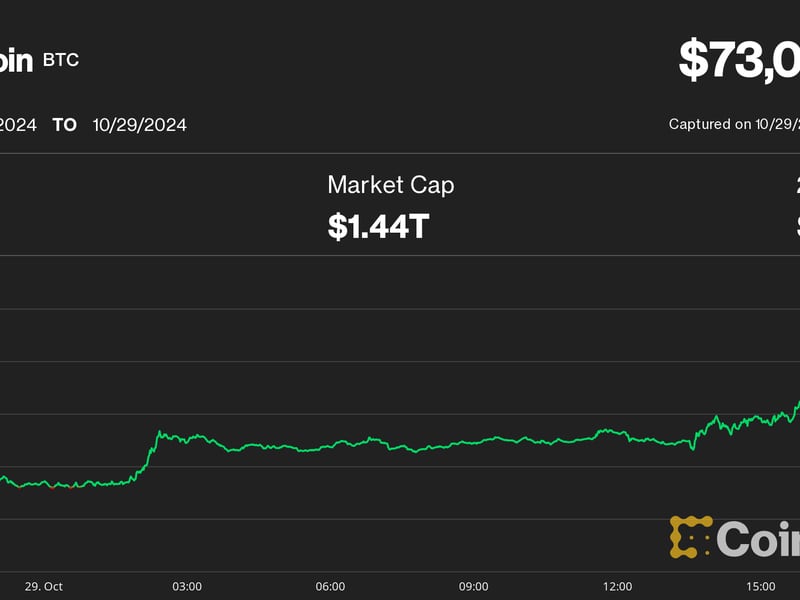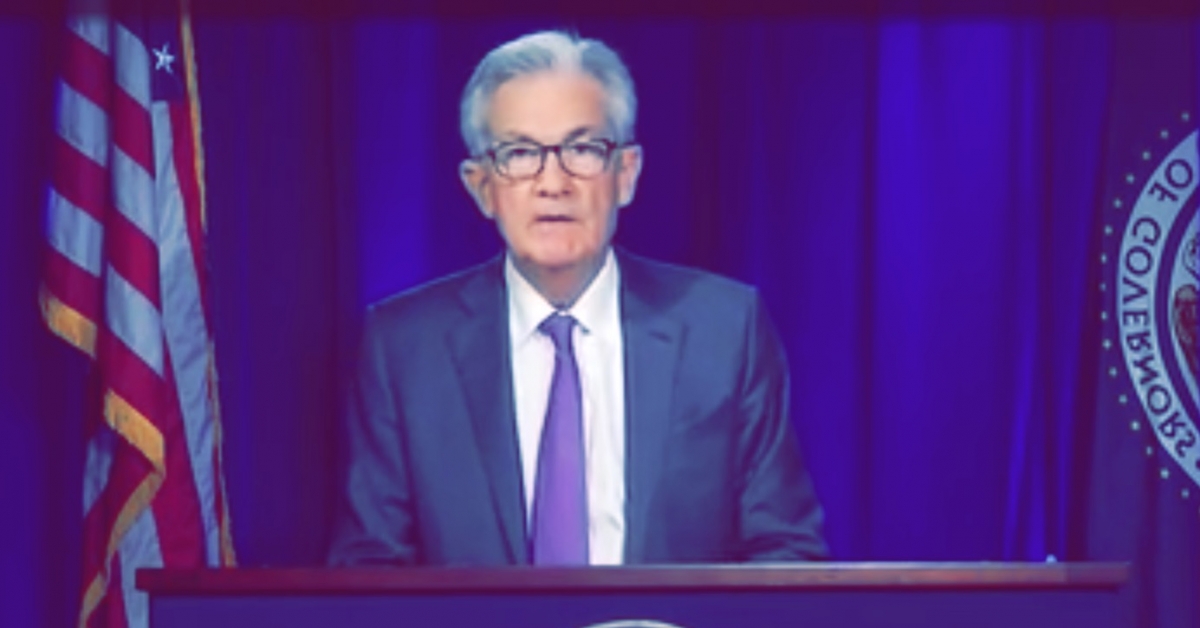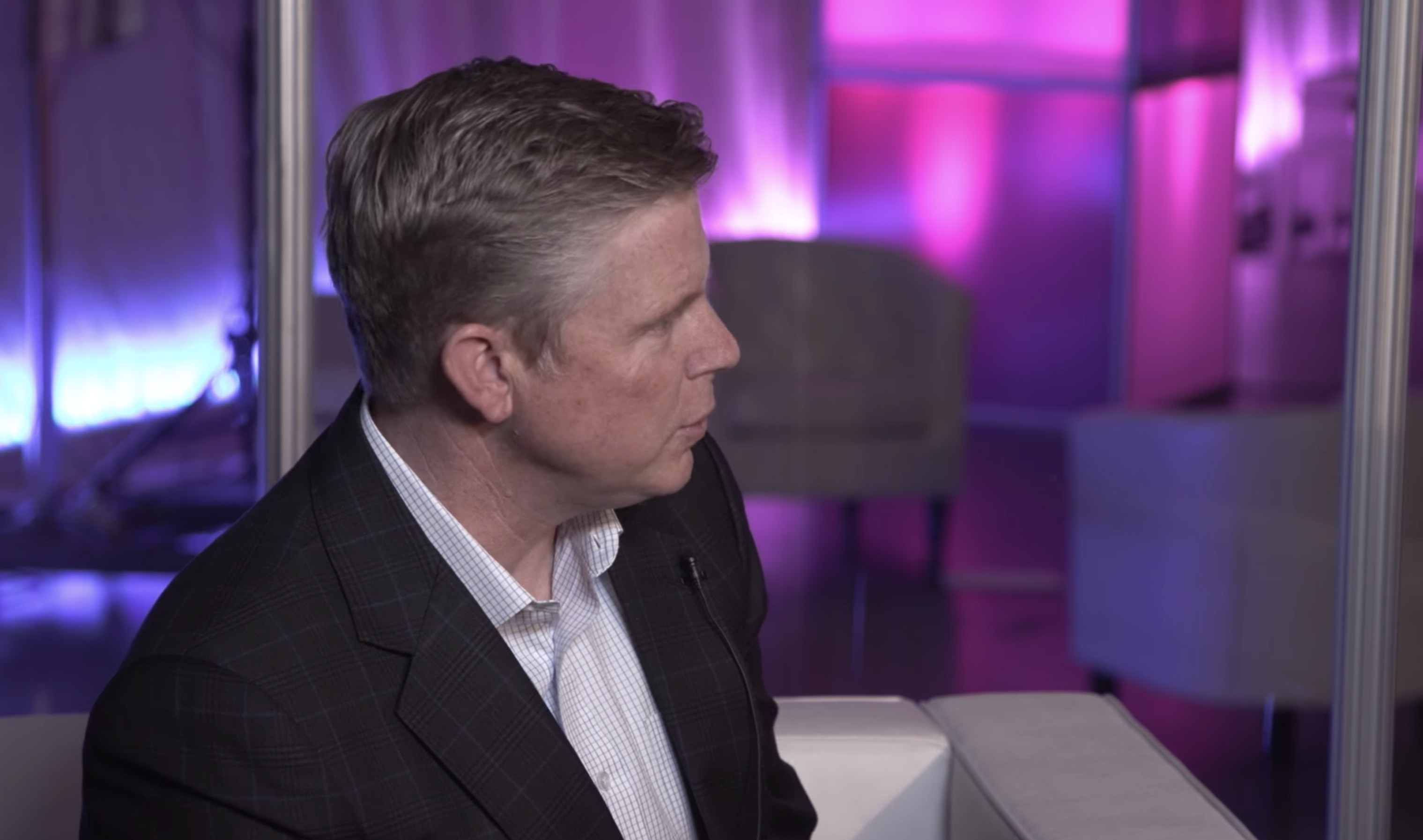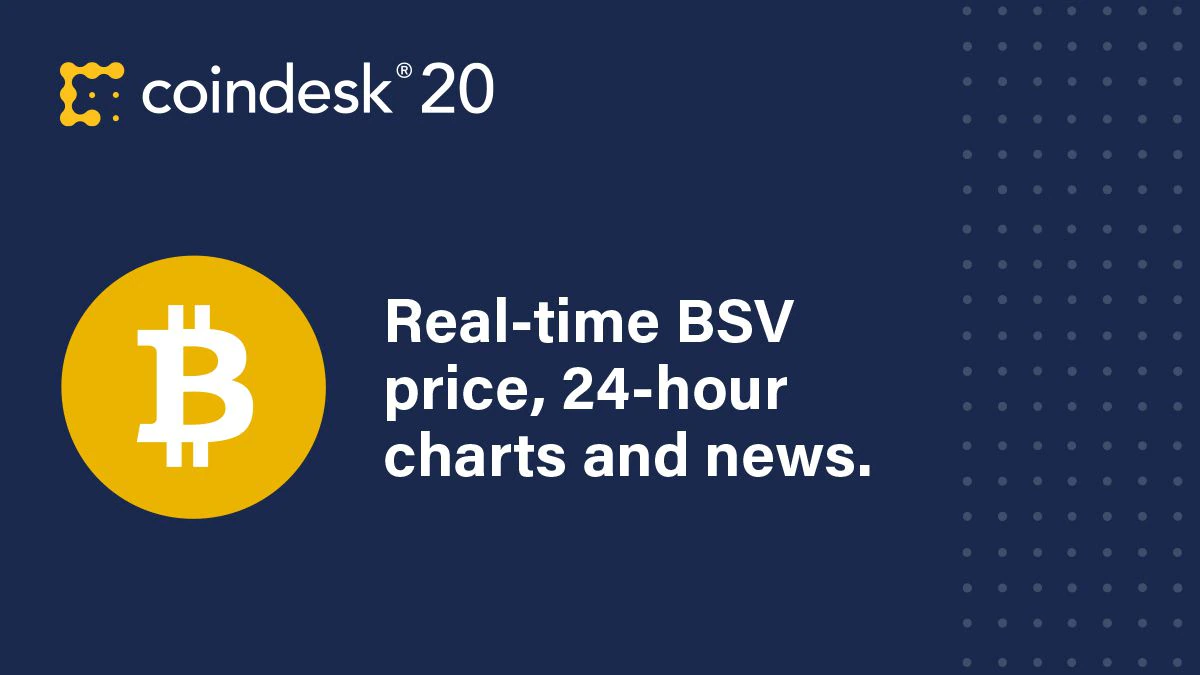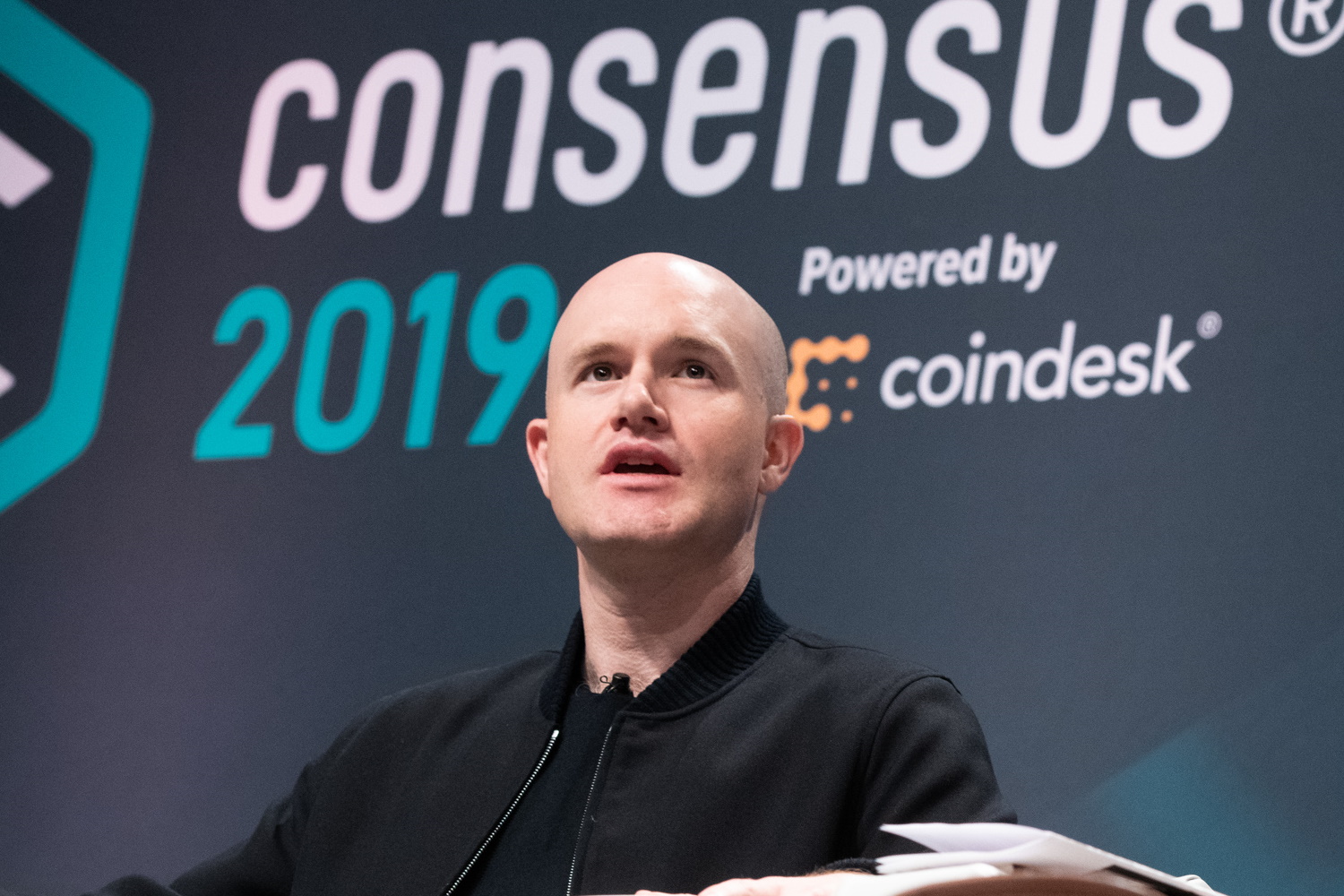‘I Don’t Trust Facebook With Anything:’ The World Reacts to Facebook’s Libra

Although Libra hasn’t yet officially launched, pundits, politicians, and developers are already weighing in with warnings, celebrations, and memes.
US representatives from both sides of the aisle have already chimed in.
“Facebook is already too big and too powerful, and it has used that power to exploit users’ data without protecting their privacy,” Representative Maxine Waters, who chairs the House Financial Services Committee, said in a statement. “We cannot allow Facebook to run a risky new cryptocurrency out of a Swiss bank account without oversight.”
She’s asked Facebook to stop the project until Congress can understand it further. She is joined by Democratic Senators Sherrod Brown Mark Warner of the Senate Banking Committee and Republican Representative Patrick McHenry.
Sen. Josh Hawley (R-MO) told Yahoo Finance it sounds like Facebook is “expanding their monopoly” with its new cryptocurrency project.
“We need to see exactly what their specific proposals are, but I’m very concerned about Facebook’s behavior on a range of fronts. I’m concerned about their size, I’m concerned about their anti-competitive conduct, I’m concerned about their rampant violations of privacy,” Hawley said.
He even called for an investigation into breaking up the social media giant.
“There needs to be an antitrust investigation. I hope one will go forward, but in the meantime, in the immediate future with this consent decree — if it’s just a fine of a few billion dollars, that’s a speeding ticket to Facebook. They need to get serious,” he said. “Name Mark Zuckerberg. Name him, if he has in fact participated in violating consent decree as reports indicate. And let’s consider some tougher penalties, too.”
“I don’t trust Facebook with anything,” he said.
“Facebook’s new Libra blockchain project has the potential to be a big step forward towards a more global and inclusive financial infrastructure,” said U.S. Congressman Darren Soto, Co-Chair of the Congressional Blockchain Caucus. “We are encouraged by the possibility of increasing access to mobile and digital payments, which will ultimately benefit our society and become a driver of economic growth. While it is yet unclear how this new technology will be regulated, it is crucial Congress continues to protect consumers and the financial well-being of investors, while simultaneously promoting innovation for these virtual currencies.”
“In the Congressional Blockchain Caucus we are working in a bipartisan manner to educate and maximize Blockchain technologies’ potential for the U.S. economy. We applaud the thoughtfulness behind the Libra Association. If efforts to achieve this multi-level cryptocurrency coordination is successful – one that protects consumers and prioritizes user privacy – this could be a significant advancement for the 21st Century economy,” he said.
Pundits Come In Punching
On the private side of things, pundit Jim Cramer was ecstatic.
“The disenfranchised will welcome Mark Zuckerberg as a savior, ” he said on CNBC’s “Squawk on the Street.” He sees it as a solution to the underbanked in American cities where “check cashing places” are the closest consumers can get to money services.
Bankers and startup founders see Libra’s success as inevitable.
“They’re not the first company to launch a crypto payment solution, but they do have immense reach obviously through their Facebook platform,” said NAB’s business banking chief Anthony Healy. “With a billion plus users on its platform, it is clearly a threat.”
“If it’s successful, it’s not just going to have the traditional qualities of a corporate currency like Westfield dollars or, Qantas Frequent Flyer points, it’s really a governance play,” said Asher Tan, founder of CoinJar.
“Like all fintech disrupters, they’re all potential threats, but they’re also opportunities for us to learn, and if some of these emerge as real threats we can learn from them, develop our own capabilities and respond appropriately.”
Crypto grandfather Erik Vorhees is obviously excited about the move.
“Zoom out for a second and realise how far this industry has come,” he tweeted. “The biggest companies in the world are now launching cryptocurrencies. BOOM.”
1/ Thoughts on Libra (and my first tweetstorm!): first, zoom out for a second and realize how far this industry has come. The biggest companies in the world are now launching cryptocurrencies. BOOM.
— Erik Voorhees (@ErikVoorhees) June 18, 2019
Spencer Chen of BRD Wallet, thinks crypto people should stop “shitting” on Libra.
Don’t get why the crypto community shitting on Facebook and Libra. It’s probably the mainstream kickstart + broad adoption blockchain needs.
You ever see any pure plays get this kind of groundswell? -> https://t.co/ErRcAhwCzf
— Spencer Chen (@spencerchen) June 18, 2019
Jerry Brito, executive director over at the research non-profit CoinCenter, raised important questions about the future of Libra:
“Of course, there must be more to joining the Investment Token club than merely meeting the outlined requirements (seems like Huawei and Gazprombank might qualify), though it’s not clear to me if it’s a majority vote of the membership or what.”
Changpeng Zhao, CEO of the cryptocurrency exchange Binance, wrote that Facebook has a chance to “reshape the payment industry” and start the “un-dollarisation of the world.”
“Facebook’s initiative, with the Libra cryptocurrency at the center of the project, will have a significant impact on the financial industry and global economies from both a medium and long-term perspective,” he wrote. “Backed by a basket of fiat currency-denominated assets in its initial release, Libra represents a first attempt at creating a world currency, on-chain or not, with everyday usage by billions of individuals and institutions across the globe.”
Librexit
Europe, on the other hand, is calling for far more scrutiny.
“As a reminder, the principle of e-money in Europe is that a customer credits an e-money account usually from a bank account or a credit card (or more recently from cash-in / cash-out points at partner merchants). This e-money account is opened in the books of an e-money institution and customers can use this e-money to make online payments to merchants who accept it (for example very few today do not accept PayPal). The difference with Facebook’s Libra is almost solely that Libra will be indexed to a basket of currencies rather than being representative of a single currency,” said Emilien Bernard-Alzias of legal firm Simmons & Simmons LLP. “Therefore, Libra project is not significantly revolutionizing the financial market in Europe and does not really challenge the European Central Bank (ECB). As announced in the Libra’s white paper, this project is much more game changing for people having poor access to banking services over the world.”
“The proposed launch of a digital coin (cryptocurrency) by Facebook will require careful scrutiny from several enforcement bodies, including data protection authorities,” said European Data Protection Supervisor Giovanni Buttarelli.
Bruno Le Maire already called upon the Group of Seven central bank governors to prepare a report on Facebook’s project for the upcoming July meetings. Expressing a latent anxiety about the disruption of national currencies for the Euro, he said:
“It is out of question” that Libra “become a sovereign currency… It can’t and it must not happen.”
Markus Ferber, a German member of the European Parliament, was also concerned about Facebook’s supranational spread, adding to the conversation that with more than 2 billion users the tech-giant could become a “shadow bank.”
“Multinational corporations such as Facebook must not be allowed to operate in a regulatory nirvana when introducing virtual currencies,” he said, sounding the alarm for regulators.
“It is no surprise that Facebook Inc.’s ambitious plan to roll out its own cryptocurrency — Project Libra ran into immediate political opposition in Europe, with calls for tighter regulation of the social-media giant,” reflected Robin Matze, Blockchain Lawyer and Advisor to the German Government.
“AML (Anti Money Laundering) laws usually take a risk-based approach. Therefore, Facebook would have to take reasonable measures in order to mitigate that risk.” Matze offered a potential solution to this nebula of risk and regulations, though it may not be what Facebook wants to hear… “The easiest way to be compliant to various jurisdiction is – a fortiori – to apply the strictest regime. This approach is definitely not the cheapest for each jurisdiction but the easiest to manage on a global level.”
On the other hand, TransferWise, a London-based fintech firm focused on money transfers and cross-border payments, thinks Facebook’s global reach works in its favor. The company’s CTO Harsh Sinha said “large companies with large resources” can help facilitate conversations with regulators.
“The reality is that there is quite a bit of regulatory work that goes into putting up a global network of payments but maybe there’s a way to bypass that,” he told CNBC.
Bank of England Governor Mark Carney also appeared more optimistic about the project.
“Anything that works in this world will become instantly systemic and will have to be subject to the highest standards of regulations,” the central banker said Tuesday.
We Do Have Our Fun
In the end, however, the joksters came through with the last word.
No one will call it #Libra.
Everyone is going to call them Zucks. Gimme 50 ℤucks.
— Bruno Skvorc (@bitfalls) June 18, 2019
Take that world…..#btc #Libra pic.twitter.com/UpoQdBtTBX
— s1lverbox (@cryptochangex) June 19, 2019
Crypto traders when the US government and Facebook start fighting over Libra pic.twitter.com/iCzgdSNBVh
— Moon Overlord (@MoonOverlord) June 19, 2019
LIVE: $Libra launch #Libra ✌ pic.twitter.com/B6pzCgIUSm
— ®₿TCɢʀɪɴᴅᴇʀ™ (@grinder_o) June 19, 2019
Meet the inventor of Libra pic.twitter.com/4Yudy5IkP7
— faast (@goFaast) June 19, 2019
Image via Shutterstock.



